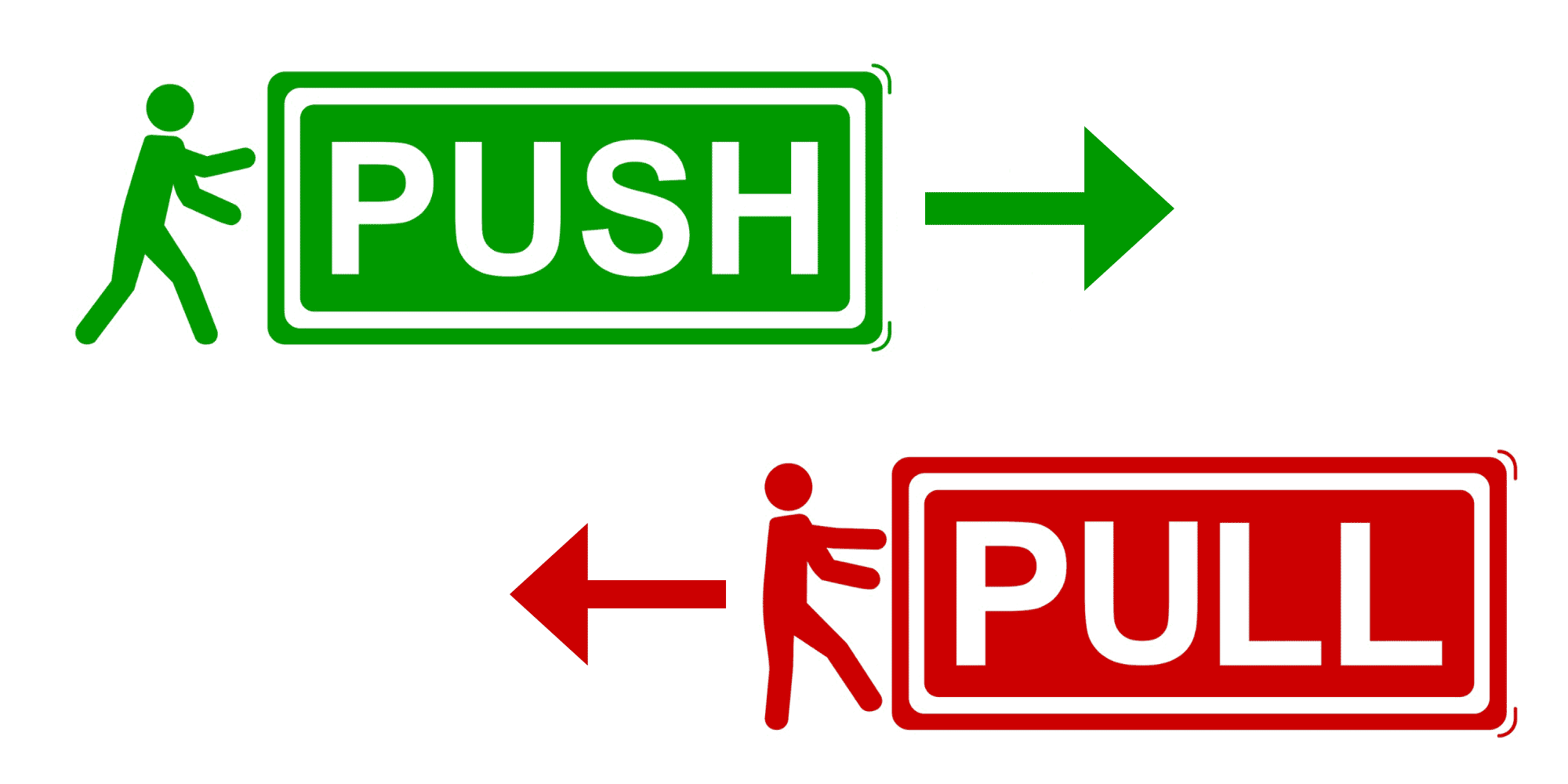PHYSICS FORM ONE: EXPLORING THE WORLD AROUND US!
SECTION A: Getting Curious About Physics (15 Marks)
Question 1: Pick the Best Answer (10 Marks)
Instructions: For each question, choose the most interesting or correct answer and write down its letter.
I. If Physics were a detective, what would it be trying to figure out?
A. How living things work B. How different substances mix C. How things move, how energy changes, and how they interact D. What the Earth is made of deep down
II. Which of these amazing things happening around us do you think a physicist would be most excited to study?
A. A tiny cell splitting into two B. Iron turning reddish-brown when it's left outside C. A beautiful rainbow appearing after the rain D. A plant using sunlight to make food
III. The word 'Physics' has a cool old origin! It comes from a Greek word 'Physikos'. What do you think that word meant back then?
A. Just 'science' in general B. Everything about 'nature' C. The power of 'energy' D. The stuff that things are made of, 'matter'
IV. Which of these sounds like a branch of physics you might explore?
A. Learning about different types of plants B. Studying different kinds of animals C. Investigating how things move and the forces that affect them D. Discovering different types of rocks
V. If you were looking up at the night sky, which branch of physics would help you understand what you're seeing?
A. How electricity flows in circuits B. How the Earth's core works C. The study of stars, planets, and the whole universe D. How heat moves from one place to another
VI. Think about the Kinyerezi power station. What kind of power do you think they're making there?
A. The warmth from fire B. The brightness of the sun C. The stuff that powers our lights and devices D. The sound of music
VII. What's the basic stuff that everything around you is made of, and that takes up space?
A. The power to do work B. The "stuff" itself C. A push or a pull D. The light that helps us see
VIII. If you're tinkering with small electronic gadgets, what area of physics are you diving into?
A. Understanding earthquakes B. Working with tiny components that control electricity C. Looking at distant galaxies D. Studying how machines move
IX. How does heat travel from one place to another? Can you think of a way it moves?
A. By direct touch B. Like a plant making food C. Like we breathe in air D. Like we digest food
X. What's the main source of light that brightens our days?
A. The moon shining at night B. Distant stars twinkling C. Our amazing sun D. A burning flame
Question 2: Match the Idea! (5 Marks)
Instructions: Draw a line to connect the physics idea in List A with its description in List B.
List A
I. Mechanics II. Heat III. Light IV. Electromagnetism V. Astronomy
List B
A. Exploring the mysteries of space B. How things move and what makes them move C. A form of energy that can make things warm D. The connection between electricity and magnets E. Looking at how living things work F. A form of energy that helps us see G. How energy gets from one place to another
SECTION B: Let's Explore Further (70 Marks)
Instructions: Answer questions 3 to 10. Give five short, interesting points for each.
- Can you think of five ways physics makes our everyday lives easier or more interesting?
- What are five main areas or topics that physicists like to study?
- What are five cool things in nature that physics can help us understand?
- Energy comes in many forms! What are five different ways energy can show up?
- Look around your school or home. What are five things you see that work because of physics?
- Why is it important for us to learn about physics? Give five reasons.
- What are five big ideas or concepts that are central to understanding physics?
- If you were a scientist measuring things in a lab, what are five tools you might use?
SECTION C: Big Ideas in Physics (15 Marks)
Instructions: Answer the following question in a short essay.
- How have new discoveries in physics led to the technology we use today? Give some examples to explain your thinking.


No comments
Post a Comment